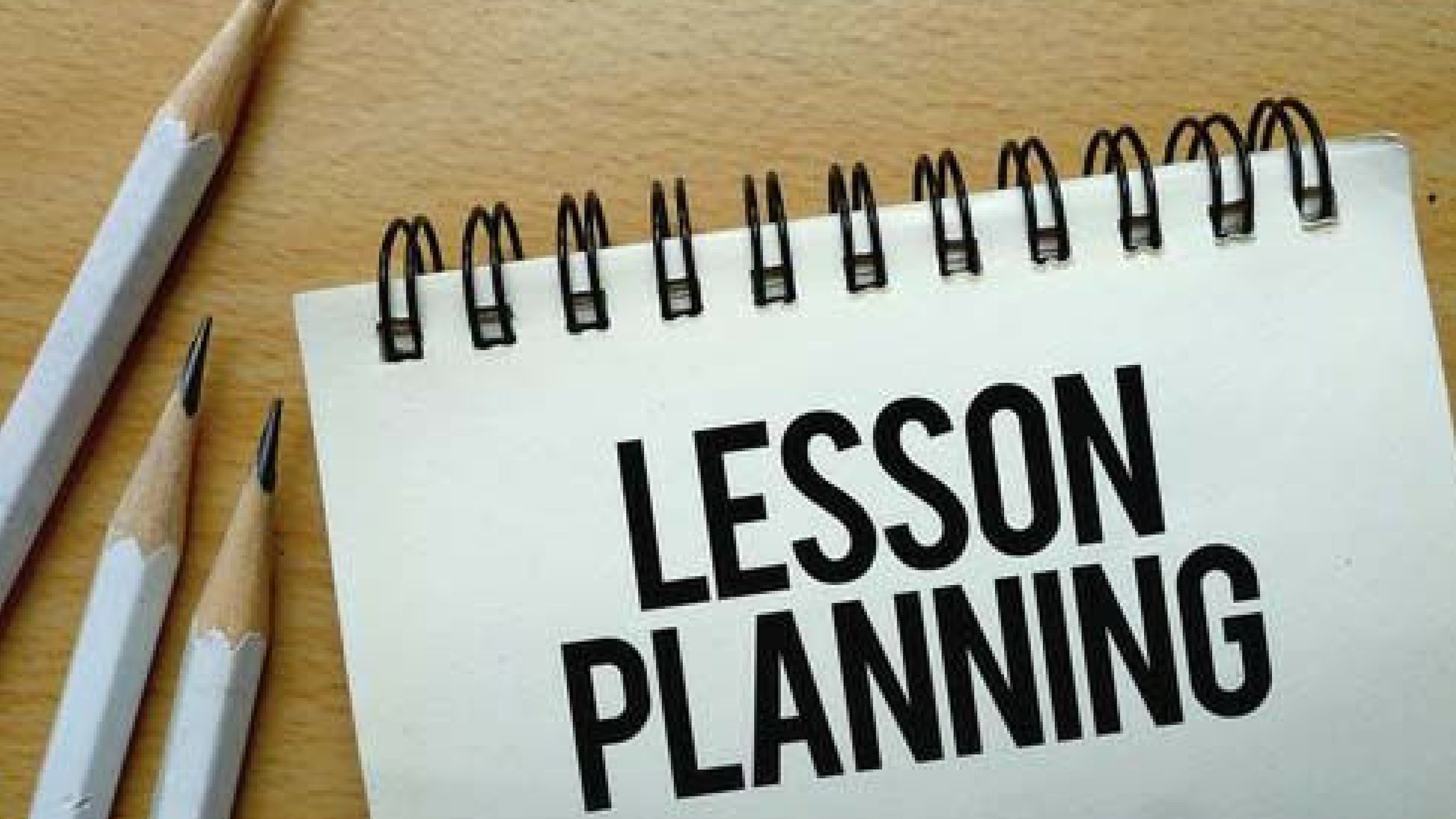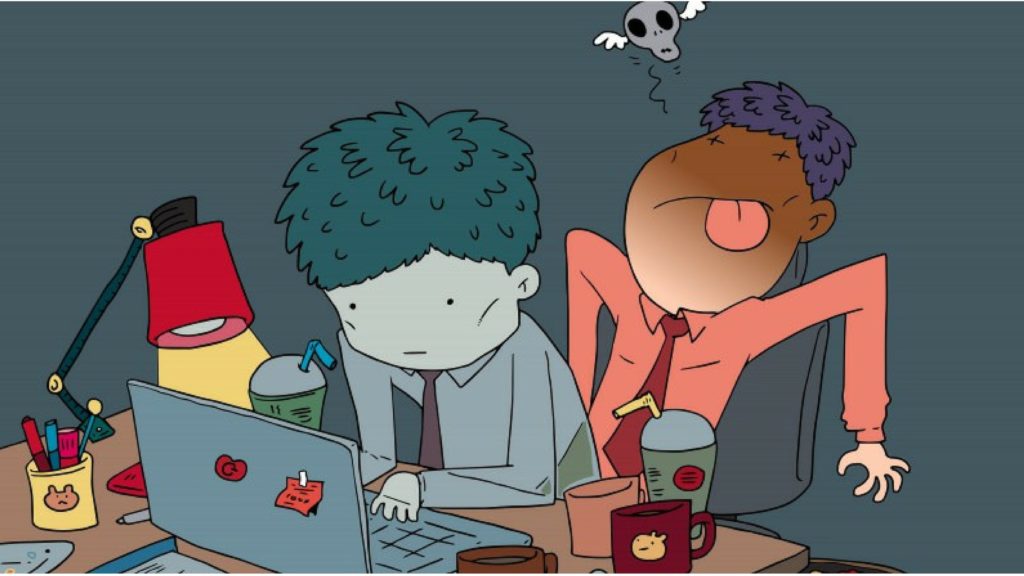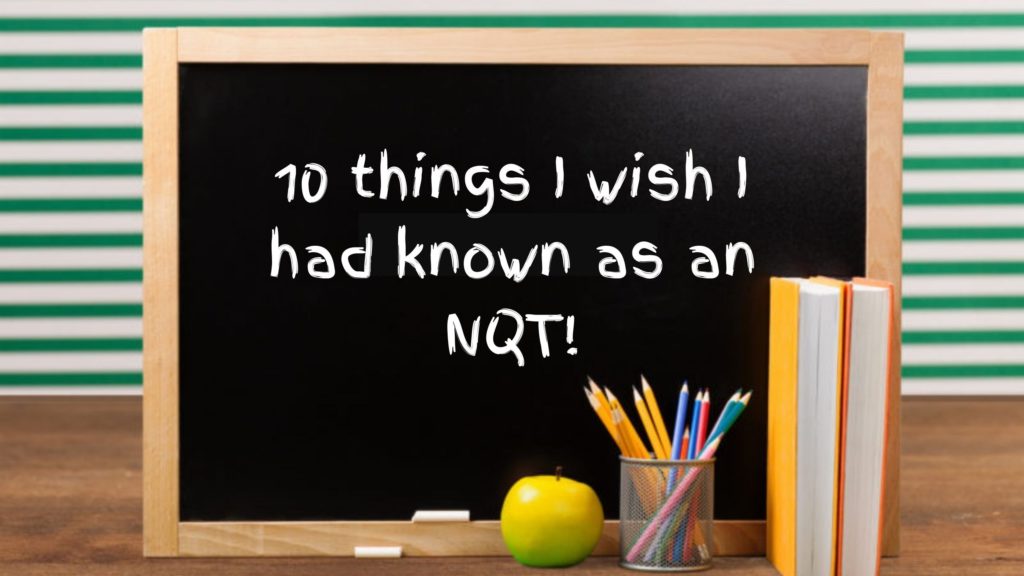Best tricks for getting organised

“I’m all caught up,” said one teacher. Planning and marking are enough to keep teachers busy, but once you add school meetings and extra-curricular activities to the mix it can turn a teacher’s workload into pure chaos.
This is where efficiency and organisation come in. They are the most important survival tips for a teacher.
When I first started teaching, I read ‘The Lazy Teacher’s Handbook’ and there was one line that resonated with me, “teach less, learn more.” For me, that translated into less is more and soon became my way of thinking.

Keep a diary. Know your important dates and deadlines and keep track of them in one place. Whether you like to keep your notes on your phone, or on a notepad, write things down.
“Keeping a mental note doesn’t always work in your favour when you have three upcoming deadlines, so it is best to keep a track of them.”
To-do lists can be helpful, but dangerous things. On the one hand, they help you prioritize your tasks for the week and plan your actions ahead. On the other hand, they never end and can be overwhelming.
So only write the most important tasks down and list them in the number of their importance. Cross them off as you get through the list, so you feel like you are accomplishing things in smaller chunks.
Here are some of my best tricks to keep yourself organised in your busy life as an educator!

Create a marking and planning rota
It is near impossible to mark all of your pupil books and lessons in the same week, so allocate your time wisely. Depending on your marking policy, it is more realistic and achievable to mark two to three class sets a week.
Dedicate each free period to a class and use that period to only mark their books or plan their lessons. Be strict with your timings or you will fall behind. I like to time myself to make sure I’m being as efficient as possible.
Communicate
Although it can sometimes be difficult to reply to emails instantly, try not to leave them unread for too long. Flag important emails or messages and try to answer them within 24 hours. This will keep you in the loop, and save you receiving follow-up emails.
If you allow emails to sit in your account, you will miss important notices, and find them too difficult to respond to later. To save some time in your replies add a signature to your emails. If the school allows it, check your school email on your phone throughout the day, so that you can reply faster.

Be a minimalist planner and marker
As mentioned in my previous blogs, planning and marking should be minimal. Keep your marking simple – give one strength and target for improvement. This will also make it easier for pupils to understand and respond to their feedback. Avoid writing in the margins and ask pupils to peer-assess the spelling, punctuation and grammar.
When planning your lessons, try to stick to one lesson objective. Design tasks around this objective and note a few targeted questions you’d like to ask. Some of my best lessons were without a PowerPoint because they were focused around pupil interaction, and not distracted by some flashy slides.
Most importantly, prioritise
Teachers are always busy, so it is important that you choose the most important tasks and action them in turn.
Don’t expect to have everything done in one day but avoid taking work home as you’ll become less efficient at school. The most effective teachers are those who plan ahead and focus on the task at hand.
Once you’ve reached the stage where you “teach less and learn more” you will begin to enjoy the thrilling life of being a busy teacher!








Responses